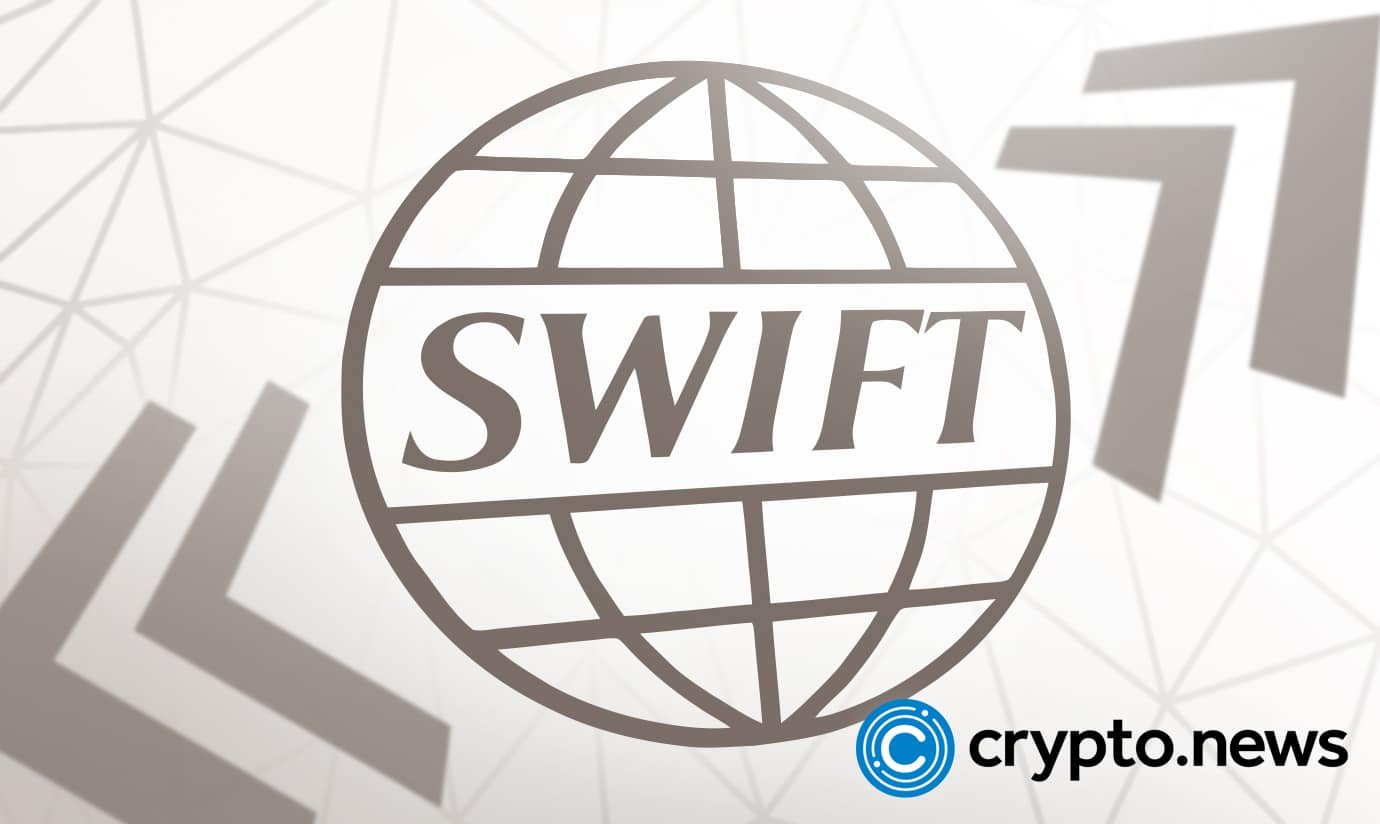
SWIFT is set to conduct trials of live transactions involving tokenized assets and digital currencies in 2025, with the goal of incorporating blockchain-based tokens into the mainstream financial infrastructure.
The global financial messaging system SWIFT will initiate trials of live transactions for tokenized assets and digital currencies in 2025, representing a significant move towards the larger adoption of blockchain-driven finance, according to a Reuters report published on October 3.
Financial institutions and asset managers have been investigating the potential of tokenizing various assets, such as bonds, in hopes that blockchain technology will enhance trading efficiency and reduce costs by removing intermediaries. Nevertheless, these initiatives have faced challenges in gaining widespread acceptance.
SWIFT has participated in tests involving central bank digital currencies and tokenized assets. The organization’s latest effort seeks to link these advancements with traditional banking systems, reflecting a growing demand in the industry for practical digital asset transactions.
“In order to effectively trade and settle a tokenized bond transaction, both cash and a tokenized deposit or wholesale CBDC are necessary. Simply having delivery or payment is insufficient; you need to have both components.”
SWIFT
With 90% of the globe’s central banks examining options for digital currency, SWIFT’s forthcoming platform — anticipated to launch within the next one to two years — aims to assimilate CBDCs into the financial landscape. The organization asserts that successful trading and settlement of tokenized bonds necessitate the presence of both tokenized deposits and wholesale CBDCs to ensure that payment and delivery are adequately matched.
Nonetheless, despite SWIFT’s integration initiatives, not all nations are eager to advance their digital currency development. Concerns remain about technological and regulatory challenges, as illustrated by Sweden’s Riksbank, which has stressed the importance of significant technical and regulatory advancements to facilitate secure offline transactions involving e-kronas.








